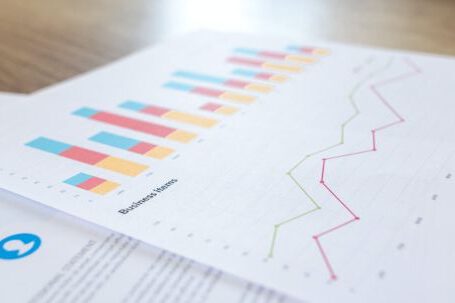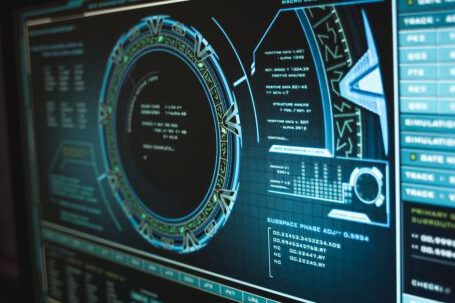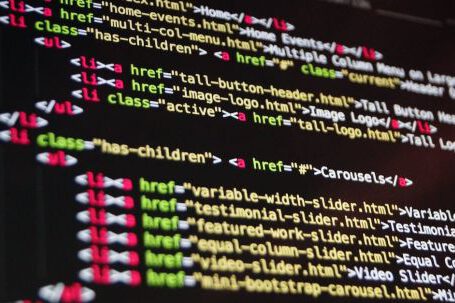Artificial Intelligence (AI) has emerged as one of the most transformative technologies of the 21st century. With its ability to process vast amounts of data and perform complex tasks, AI has found its way into various aspects of our lives. However, this rapid integration of AI into society has raised several ethical dilemmas that need to be addressed. In this article, we will explore some of the key ethical challenges posed by AI in modern society.
Privacy and Data Security
One of the primary concerns surrounding AI is the potential invasion of privacy and the misuse of personal data. As AI systems collect and analyze massive amounts of data, questions arise about how this information is stored, protected, and used. Companies and organizations must ensure that robust security measures are in place to safeguard sensitive data from unauthorized access or malicious use. Additionally, individuals must have control over their personal information and be aware of how it is being utilized by AI systems.
Bias and Discrimination
Another significant ethical dilemma associated with AI is the issue of bias and discrimination. AI algorithms are designed to learn from existing data, which may contain inherent biases present in society. If these biases are not adequately addressed, AI systems can perpetuate and amplify discrimination, affecting decisions related to hiring, lending, and law enforcement. It is crucial for developers and policymakers to actively work towards eliminating biases in AI algorithms and ensuring fairness and equality in their application.
Autonomous Systems and Decision-making
As AI becomes more advanced, the development of autonomous systems is gaining momentum. These systems have the ability to make decisions and take actions without human intervention. While this offers numerous benefits, such as increased efficiency and accuracy, it also raises ethical concerns. Who should be held responsible for the actions of autonomous systems? How can we ensure that their decisions align with human values and ethical standards? These are complex questions that need to be carefully addressed to prevent potential harm or misuse.
Job Displacement and Economic Inequality
The widespread adoption of AI has also sparked concerns about job displacement and economic inequality. As AI systems automate tasks previously performed by humans, there is a risk of job losses and an increase in economic disparity. It is essential for society to consider the impact of AI on employment and develop strategies to upskill and retrain individuals to thrive in the changing job market. Additionally, policies must be put in place to ensure that the benefits of AI are distributed equitably across society, reducing the potential for socioeconomic divisions.
Transparency and Accountability
AI systems often operate as black boxes, making it difficult to understand the underlying processes and decision-making. This lack of transparency raises concerns about accountability and responsibility. If an AI system makes a biased or harmful decision, who should be held accountable? It is crucial to develop mechanisms that promote transparency in AI algorithms and ensure that their operations are explainable and accountable. This will help build trust and confidence in AI systems among both individuals and organizations.
Conclusion: Addressing Ethical Dilemmas in AI
As AI continues to advance and become more integrated into our daily lives, it is vital to address the ethical dilemmas it poses. Privacy and data security, bias and discrimination, autonomous systems, job displacement, and transparency are just a few of the ethical challenges that need careful consideration. By actively engaging in discussions and establishing robust frameworks, we can ensure that AI is developed and deployed ethically, benefiting society as a whole. As AI technology evolves, it is essential to prioritize the ethical implications to create a future where AI serves humanity responsibly and ethically.





